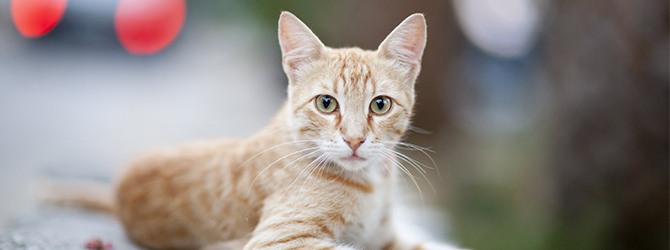Understanding Appetite Loss in Cats: Causes, Symptoms, and Treatments
It’s natural to worry if your cat won’t eat – and particularly if her lost appetite goes on for so long that she begins to lose weight. We look at the possible reasons for loss of appetite in cats, and why it’s vital to act fast if your cat goes off their food.
There are a number of possible causes if your cat’s not eating, and it’s crucial to get her checked out by your vet fast. Even 24 hours without food – or as little as 12 hours in young kittens – can have a serious effect on your cat’s health.
Possible causes for a cat not eating
- Autoimmune disease
- Conditions of the endocrine (hormonal) system
- Heart failure
- Poisoning
- Feline infectious peritonitis
- Advanced periodontal disease, which can cause oral pain and even loose teeth
- Pain in the chewing muscles or jaw (temporomandibular joint, or TMJ)
- Gastrointestinal disease
- Neurological diseases
- A growth or tumour
Your cat may also refuse to eat if you’ve changed from her usual brand of food, if she doesn’t like the location of her food bowl, or for stress-related reasons such as moving home or being bullied by another cat.
Anorexia in cats
Any loss of appetite in cats is described as anorexia.
Anorexia in cats falls into one of two categories: true anorexia and pseudo-anorexia. Cats with true anorexia don’t want to eat – and the cause is often psychological.)
Cats with pseudo-anorexia still feel hungry, but may not be able to eat because she’s suffering from a condition that causes pain or obstruction that makes eating painful, or impossible.
Signs and symptoms of anorexia in cats
Symptoms which may occur with anorexia in cats include:
- Weight loss
- Lethargy
- Distended stomach
- Sickness or diarrhoea
- Excessive drooling
- Shortness of breath
- Fever
- Changes in the eyes
- Pain
- Pale gums
- Jaundice
Hepatic lipidosis – and why it’s vital to act fast if your cat won’t eat
A cat that’s not eating can quickly develop a life-threatening condition called hepatic lipidosis, during which their body starts to use fat stores as fuel.
These fat stores are sent to the liver, to be broken down to supply nutrients to the body. But the liver often can’t process this fat as fast as is necessary, and this leads to a build-up of fat in the liver, which interferes with normal liver function.
Always get your cat checked out by your vet if she loses her appetite, as this can quickly cause hepatic lipidosis, weight loss, and the weakness and lethargy that often accompany it.
Loss of appetite in cats: treatment
Once your vet has identified the reason why your cat isn’t eating, they may recommend a course of treatment, and help you plan a healthy, well-balanced diet. If the treatment and a high-protein, nutritious diet doesn’t reignite your cat’s appetite, and she continues to lose weight, she may need assisted feeding such as a feeding tube (intravenous feeding).
Your vet may also prescribe pain medication if the weight loss is due to a painful condition.
Cat won’t eat? Want help and advice?
For expert advice on weight loss and lost appetite in cats, contact your local vet.
Find your nearest vet using our Find a Vet page, or speak to a vet online using Online Vets.

